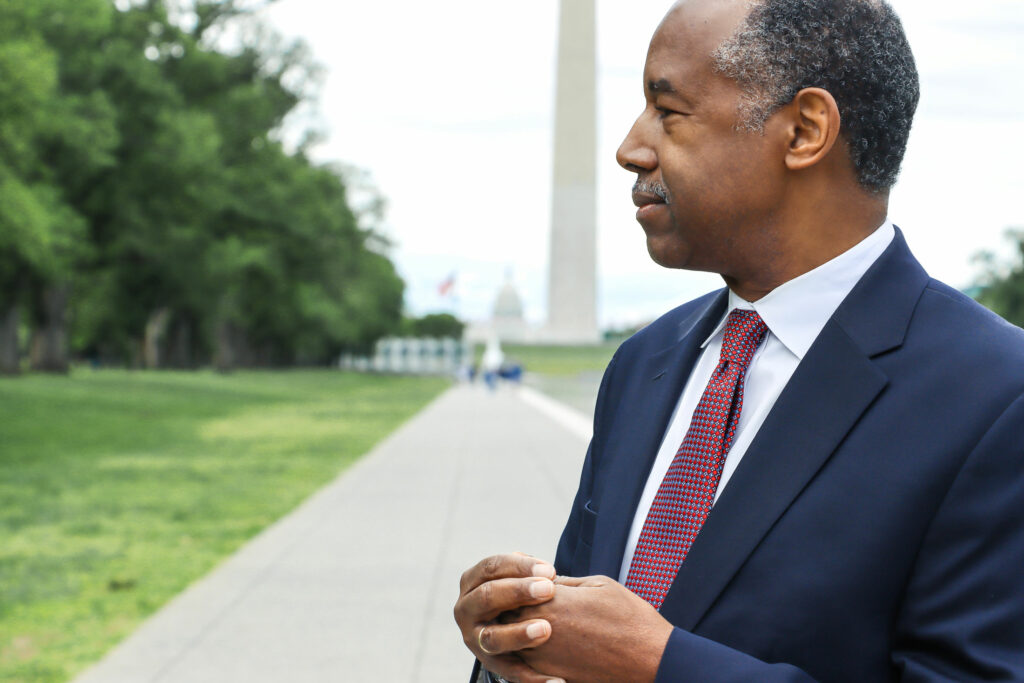 Most states have either a primary or a caucus, as a method of nominating various party candidates for the general election. This year Nevada had some voters scratching their heads based on new election rules in the state. The state’s Republican party will hold a caucus just two days after the state has its primary election. Why?
Most states have either a primary or a caucus, as a method of nominating various party candidates for the general election. This year Nevada had some voters scratching their heads based on new election rules in the state. The state’s Republican party will hold a caucus just two days after the state has its primary election. Why? Nevada has held caucuses for decades, but in 2021, Governor Steve Sisolak signed a number of election reform bills into law. Most notable was AB126, which shifts the state’s nominating process from a caucus to a primary.
In protest, the state Republican party challenged this attempted state taekover in court, arguing that the law infringed on the party’s right to decide how to choose their delegates in a presidential nominating contest. Ultimately, the court ruled that the party could not stop the state from moving to a primary system. However, the court also held that the party couldn’t be bound by the state’s laws when it comes to picking and awarding delegates—meaning that an election had to take place, but it didn’t have to count for delegate apportionment.
In further protest of the “state-run” primary system, the Nevada GOP passed a rule stating that any presidential candidate participating in the primary is ineligible for the caucus and thus unable to receive any share of delegates.
So, what does this mean? In short, Nevada held a rather meaningless primary, and the Republican party will then hold a caucus to determine the award of delegates. As we saw on February 6, Nikki Haley was on the primary ballot alongside Mike Pence and Tim Scott in the state’s primary, all of whom lost to “None of These Candidates.” The “None of These Candidates” option is another unique Nevada elections law quirk, which has been required by state law to appear on the ballot since 1975.
Next, on February 8, the state party will hold a caucus where Donald Trump will compete in an attempt to secure the state’s delegate haul.
As for the Democrats, the state party has embraced the primary system, and on February 6, Joe Biden secured the state’s delegates via the primary ballot.
